Enter the enchanting world of Japan, where old traditions combine harmoniously with modern life. In our fast-paced world, when our daily lives are frequently occupied by never-ending to-do lists and numerous distractions, it’s critical to sit back and absorb the wisdom that Japan has to give.
Japan is more than a country; it is a state of mind—a treasure mine of ideas that may improve our lives, restore equilibrium, and provide a new perspective on what actually matters.
Let us begin our examination of the magnificent Japanese principles that can illuminate our path to a more fulfilling life.
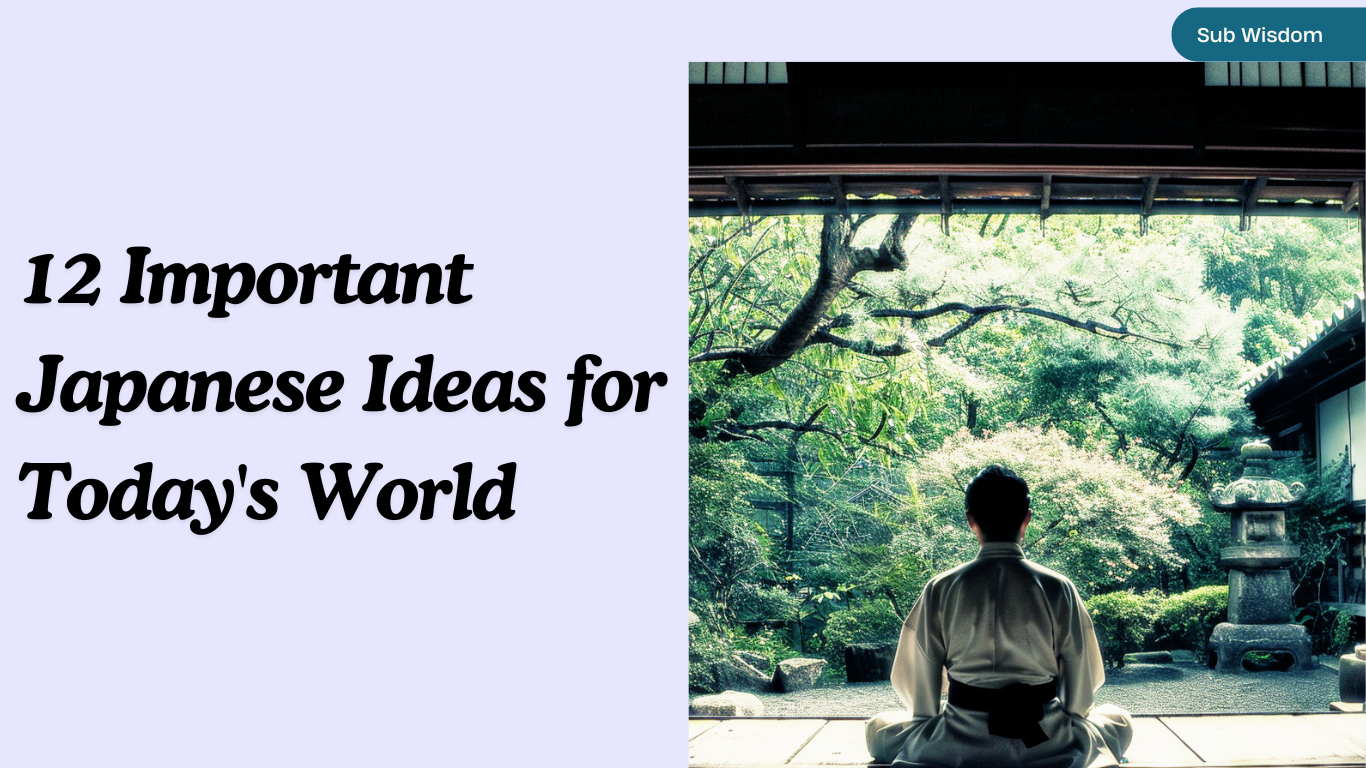
Also Read: 8 Basic Principles for Creating Successful Relationships
Why are Japanese concepts important today?
In today’s fast-paced society, where performance is often valued above all else, Japanese philosophies encourage us to slow down, appreciate the present moment, and discover beauty in the imperfect.
These Japanese ideals serve as guiding principles, assisting us in navigating the difficulties of life, cultivating personal growth, and developing meaningful connections with ourselves and others.
Exploring these 12 must-know Japanese concepts exposes us to new ways of thinking and being.
They provide insights that are especially pertinent in today’s world, where stress, burnout, and a lack of fulfilment are all too widespread.
Let’s look at these well-known Japanese ideals and how they might help us achieve balance, purpose, and harmony in our lives.
12 Japanese Concepts to Help Transform Your Life
Wabi-Sabi: Accepting Imperfection and Transience
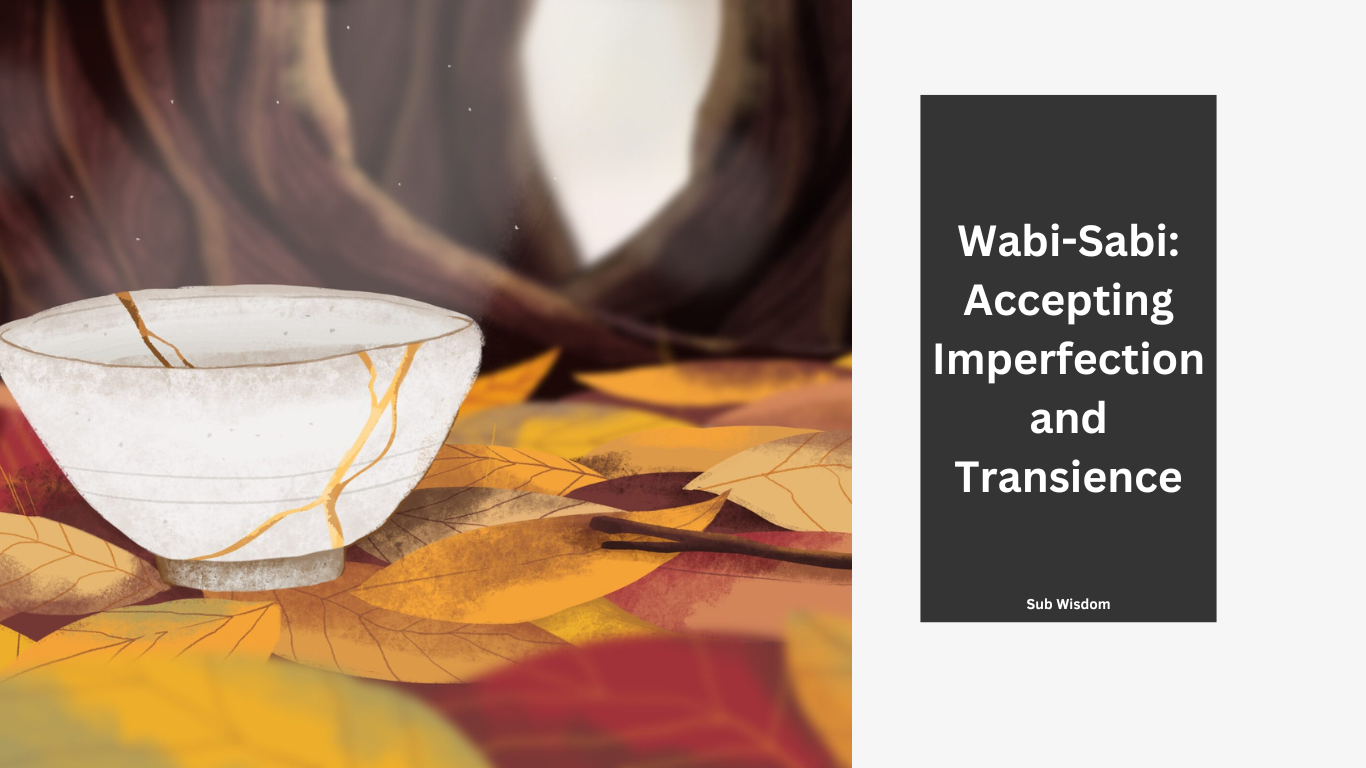
Imagine you have a favourite toy that has been loved and played with so much that it is beginning to show symptoms of wear and tear. Instead of being sorry about it, you embrace its flaws and see beauty in its well-loved state. That is the heart of Wabi-Sabi!
Wabi-Sabi is about enjoying the beauty of things that are imperfect, ephemeral, and constantly changing.
It teaches us to appreciate the simple beauty of an aged wooden table, the cracks in a pottery bowl, or the changing seasons outside our window. Wabi-Sabi teaches us that life is about accepting the true and discovering beauty in the everyday, rather than striving for perfection.
It’s a reminder to slow down, appreciate the present moment, and celebrate the distinct personality that time bestows.
Ikigai: Discovering Purpose and Meaning in Life
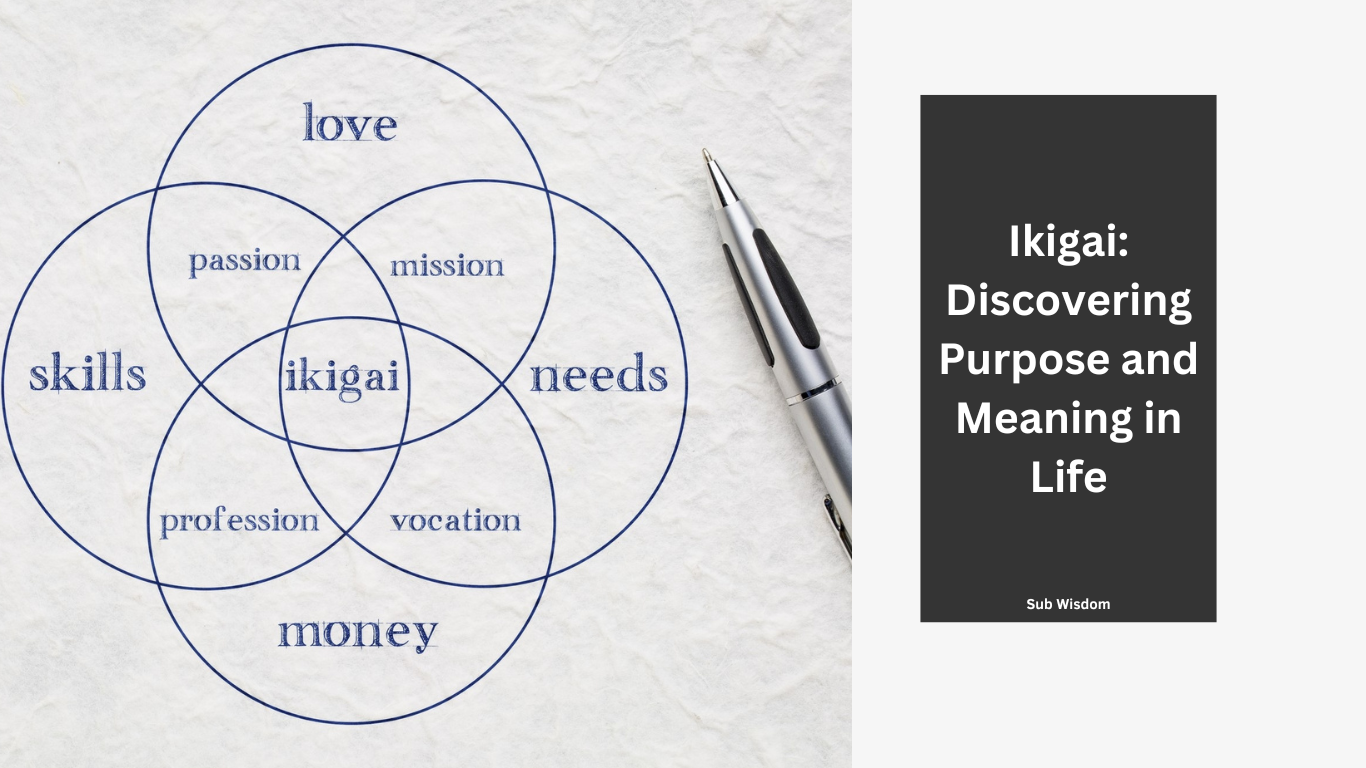
Imagine waking up every morning full of excitement and purpose, ready to begin your day. That is the essence of ikigai! It is about discovering your true purpose and living a meaningful life.
Ikigai is a treasure map that will help you uncover what actually makes you happy and fulfilled. It’s a blend of what you enjoy, what you excel at, what the world requires, and what you can be compensated for.
It’s about discovering the sweet spot where your passions, talents, and contributions intersect. Ikigai encourages us to pursue our aspirations, passions, and live a life that is meaningful and rewarding. Finding our Ikigai gives us the key to a more pleasant and full life.
Zen: Developing Mindfulness and Meditation
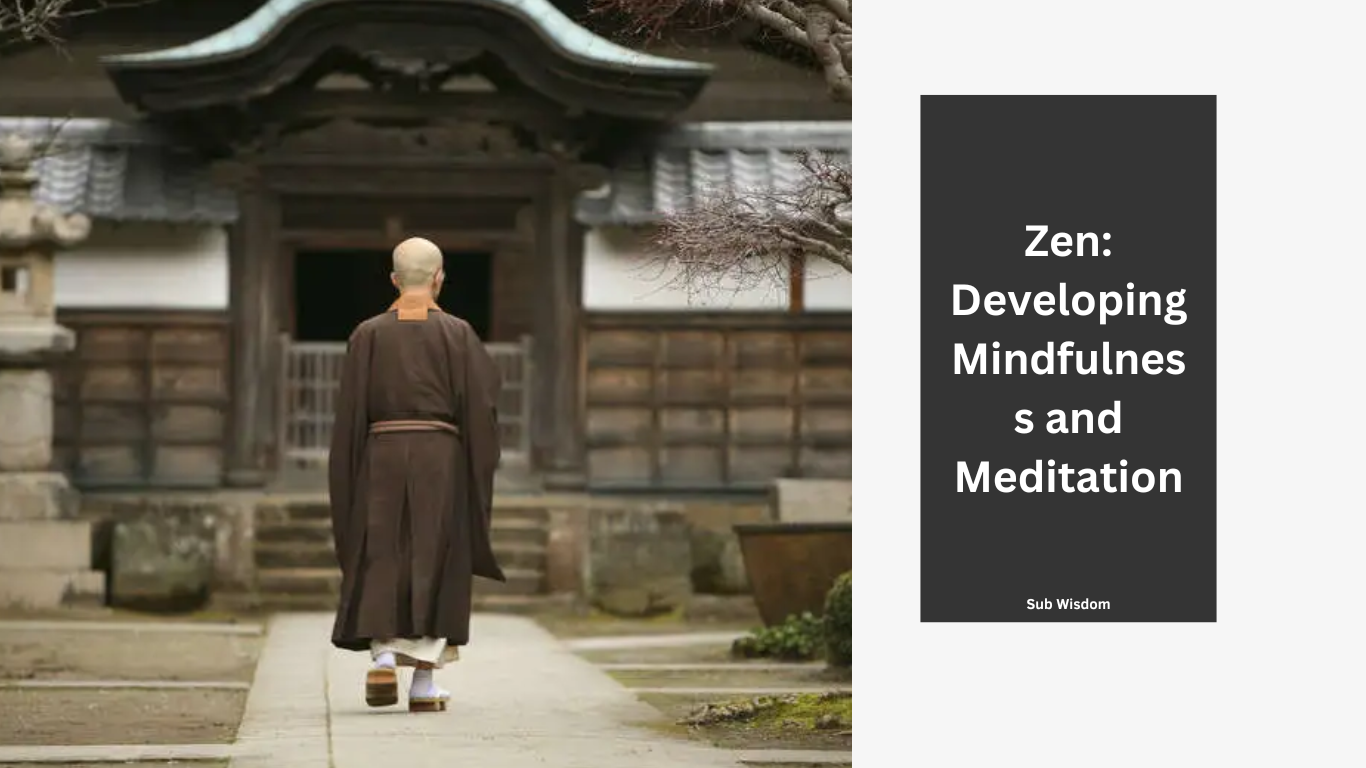
Imagine yourself in a serene garden, surrounded by tranquilly, your mind relaxed and devoid of cares. That is the essence of Zen! Zen is a discipline that helps us develop awareness and inner tranquilly.
Zen emphasises being totally present in each moment, accepting simplicity, and letting go of unneeded ideas and distractions. Meditation and mindful awareness allow us to calm our minds, become aware of our breathing, and connect with the present moment.
Zen tells us to let go of the past, not worry about the future, and enjoy the beauty of the present moment. It teaches us how to find calm in the middle of life’s chaos and build peace and clarity.
Mono no aware: appreciating the beauty of impermanence
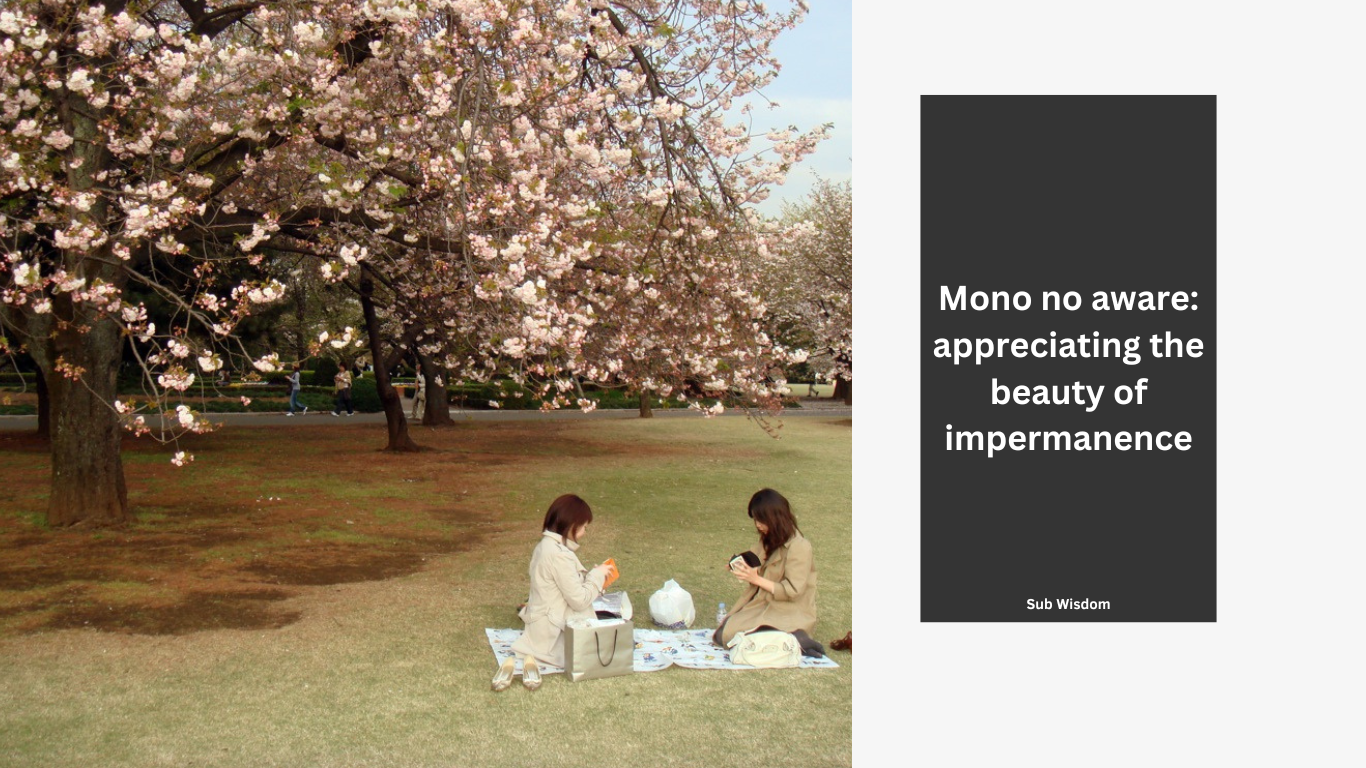
Mono no Aware, also known as “the pathos of things,” honours the bittersweet beauty of transience. It reminds us that everything in life is transient, encouraging us to treasure and savour the precious moments.
It urges us to savour and appreciate each moment completely. Mono no Aware encourages us to discover significance in the passage of time and to appreciate the profound beauty found in the fleeting aspect of existence.
Embracing this philosophy teaches us to embrace every beautiful moment and find thankfulness in life’s ever-changing tapestry.
Hanami celebrates the transient beauty of cherry blossoms
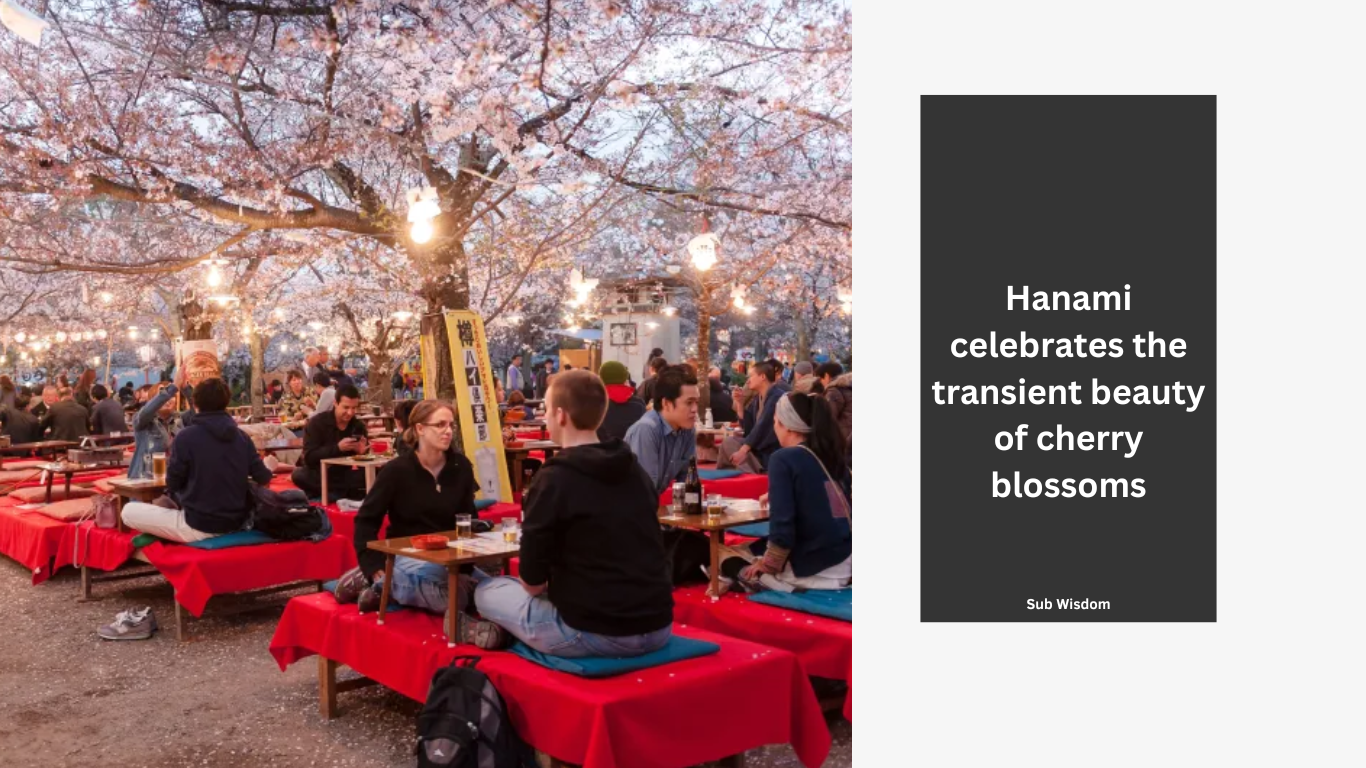
Imagine a gorgeous environment with delicate pink flowers known as cherry blossoms, or sakura, blooming all around you. In Japan, people have a unique method of commemorating these blossoms. They meet with their families and friends in parks or gardens to lunch under the cherry trees. This delightful custom is known as Hanami.
During Hanami, people celebrate the beauty of cherry blossoms and their transitory bloom. They sit on picnic blankets, eat beautiful food, and enjoy their time together. It’s like throwing a big outdoor celebration with natural decorations. Hanami teaches us to treasure and enjoy the basic pleasures of life, just as the blossoms come and go.
Kintsugi: Accepting Flaws and Repairing with Gold
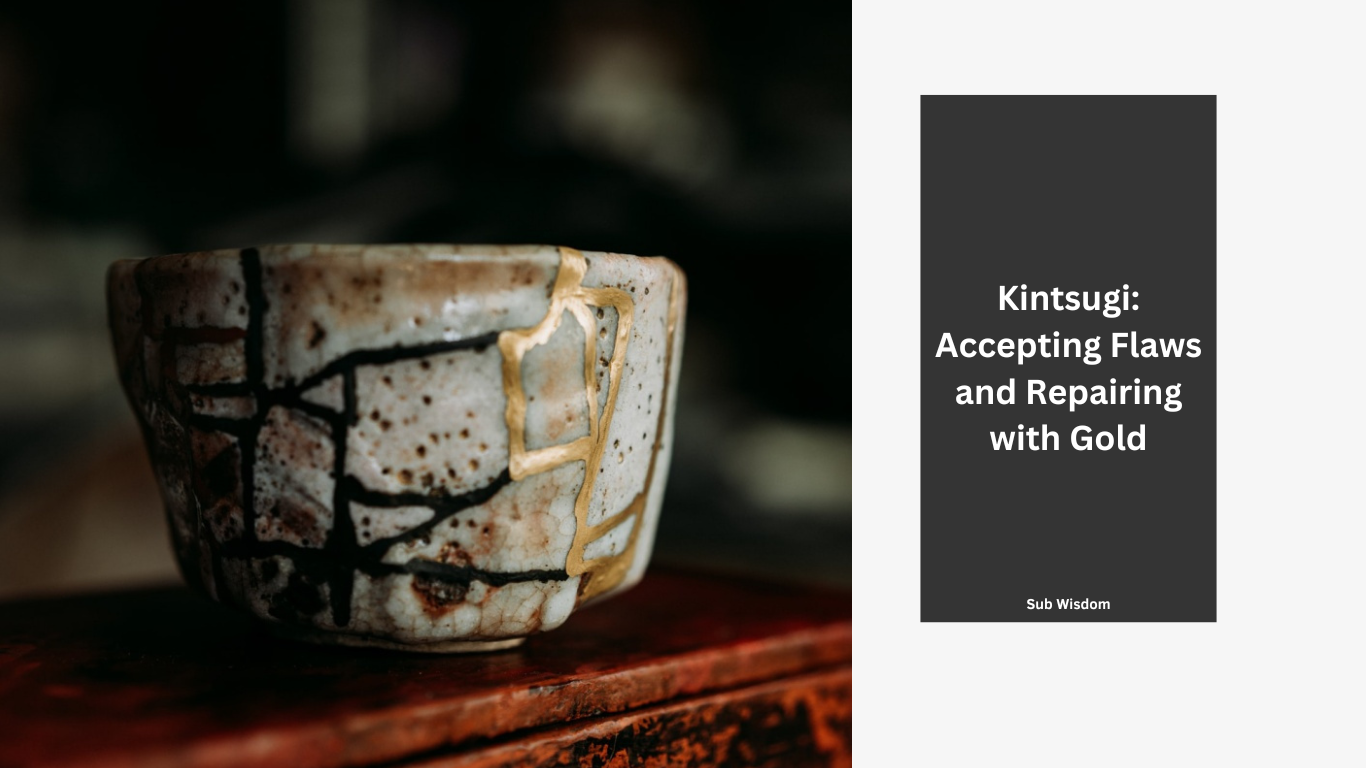
Have you ever inadvertently shattered a favourite bowl or toy? It can make us unhappy because we believe it is ruined and cannot be utilised anymore. However, in Japan, they have a unique method of repairing shattered items called Kintsugi, which transforms the broken item into something even more lovely!
Instead of discarding the shattered parts, they meticulously restore them using a unique type of glue infused with gold dust. This process not only repairs the piece but also adds sparkling lines of gold where the cracks were.
Kintsugi demonstrates that even if something is broken, it still has value and can be repaired. It tells us that flaws can be transformed into something unique and valuable.
Kaizen: The pursuit of continuous improvement
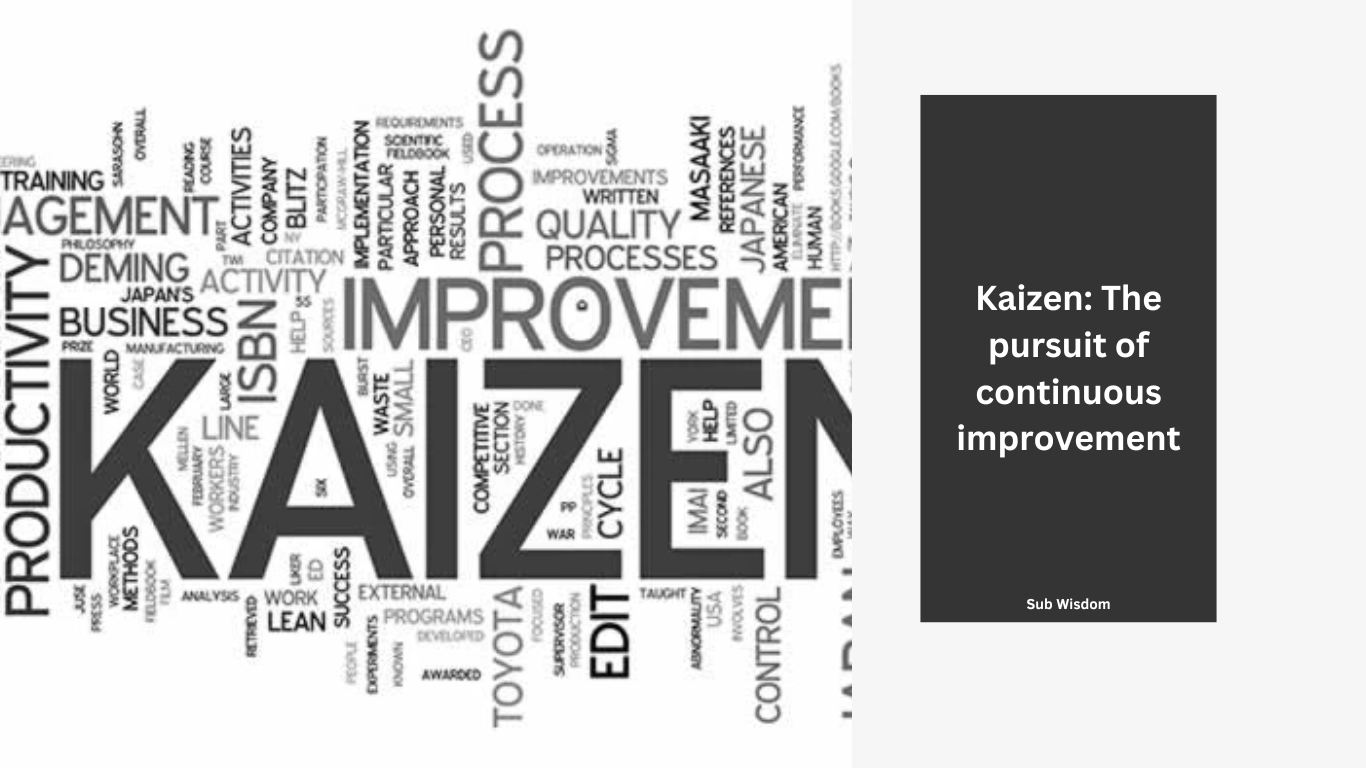
Imagine you have a favourite activity, such as drawing or playing a musical instrument. You may experience a desire to develop or get better at something. This is where the concept of Kaizen comes in!
Kaizen is all about the concept of constant improvement. It entails taking tiny measures every day to improve things, whether it’s through hobbies, schoolwork, or even helping around the house.
Instead than attempting to accomplish everything at once, Kaizen urges us to divide projects into smaller chunks and work on them incrementally. By doing so, we can make consistent progress towards our goals.
Remember that every tiny step counts when it comes to Kaizen!
Bushido: The Way of the Samurai
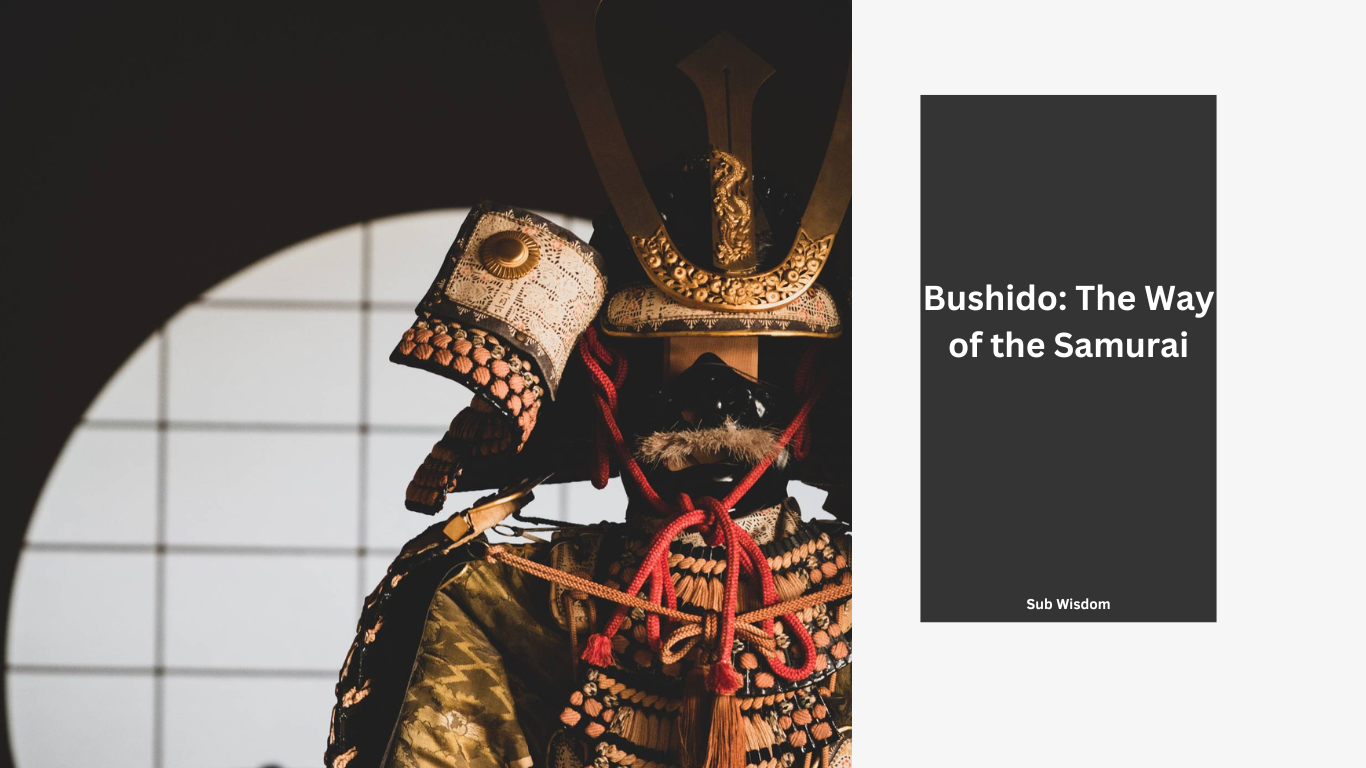
Have you ever heard about samurai? They were brave warriors in ancient Japan who followed a rigid system of laws known as Bushido. Bushido, which means “the way of the warrior,” governs how samurais behave themselves in their daily lives.
Bushido emphasises principles like as loyalty, honour, respect, and self-discipline. Samurais were always devoted to their masters, respectful to others, and held themselves to a high standard of conduct. They were valiant and battled honourably on the battlefield.
Even if we are not samurais, we can learn from the spirit of Bushido. It reminds us to be respectful and trustworthy, and to always give our all in all we do.
Bushido demonstrates how having a strong code of ethics and values may help us make good decisions and be responsible individuals.
Mottainai: Reducing Waste and Appreciating Resources
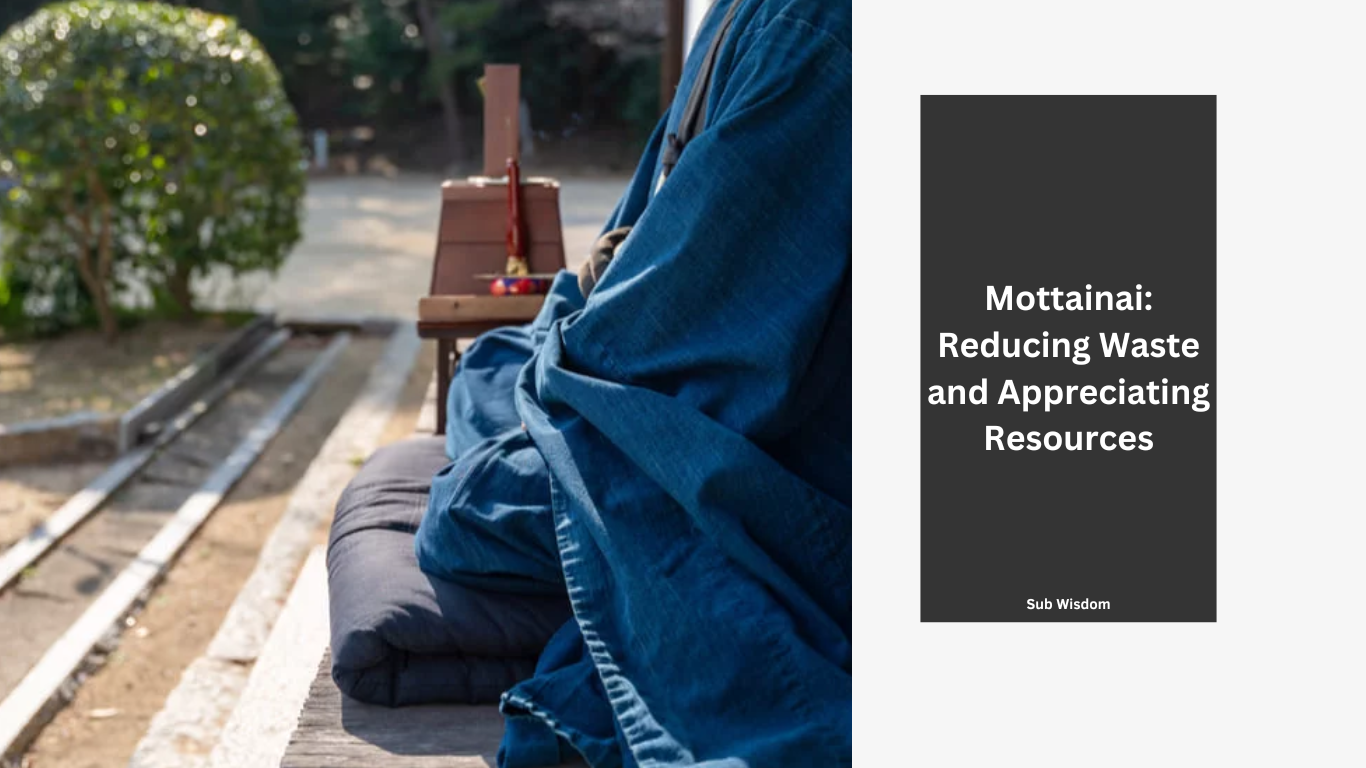
Have you ever been advised not to waste food, toys, or other items? That is the spirit of Mottainai! People in Japan believe in conserving resources and avoiding waste. Mottainai shows us how to appreciate and value what we have.
Instead of tossing things away, individuals try to find new uses for them or give them to others who may need them.
It’s like giving things a second chance to be useful while reducing unnecessary waste. Mottainai reminds us that all resources are valuable and that we must be attentive of how we utilise and care for them.
Shinrin-yoku: Forest Bathing for Health and Wellbeing
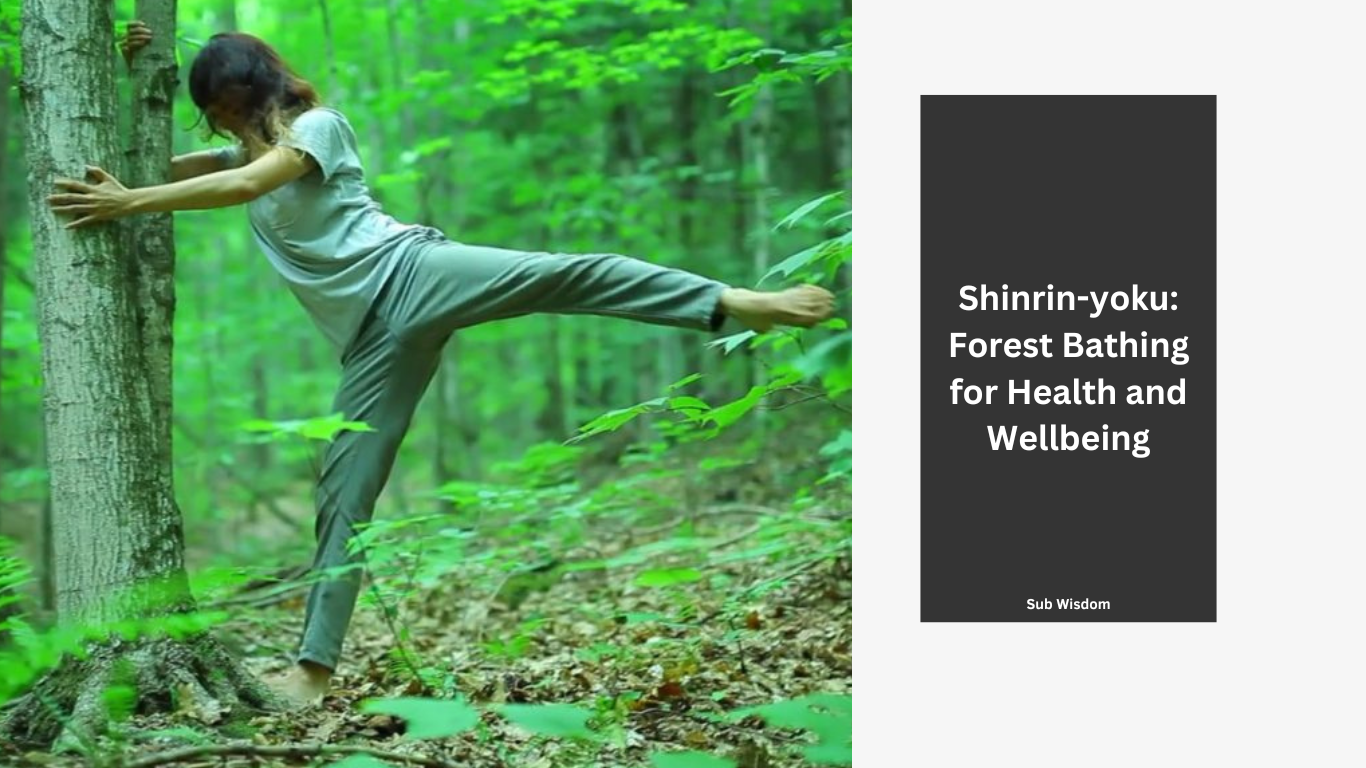
Imagine yourself surrounded by trees in a serene forest, breathing in fresh air and feeling relaxed. That is the essence of Shinrin-yoku, sometimes referred to as forest bathing.
It’s a Japanese technique in which people spend time in nature to relax and improve their health.
Shinrin-yoku involves immersing ourselves in the forest’s healing influence. It isn’t about trekking or exercising, but about connecting with nature via all of our senses.
We can hear birds chirping, feel the texture of leaves, smell earthy scents, and enjoy the beauty that surrounds us.
It helps us feel less stressed, happier, and more grounded. So, the next time you’re in a forest, take a moment to experience the wonders of Shinrin-yoku!
Omoiyari: Walking in Others’ Shoes

Have you ever considered how your words or actions may effect other people’s emotions? That is when Omoiyari comes in! Omoiyari denotes empathy and compassion for others.
In Japan, people are trained to consider how their actions affect those around them. It is about being kind and understanding, as well as putting ourselves in the shoes of others.
Omoiyari urges us to respect people, be aware of our words, and offer assistance and support as needed. By practicing Omoiyari, we may make the world a more caring and peaceful place.
Omotenashi – The Art of Hospitality
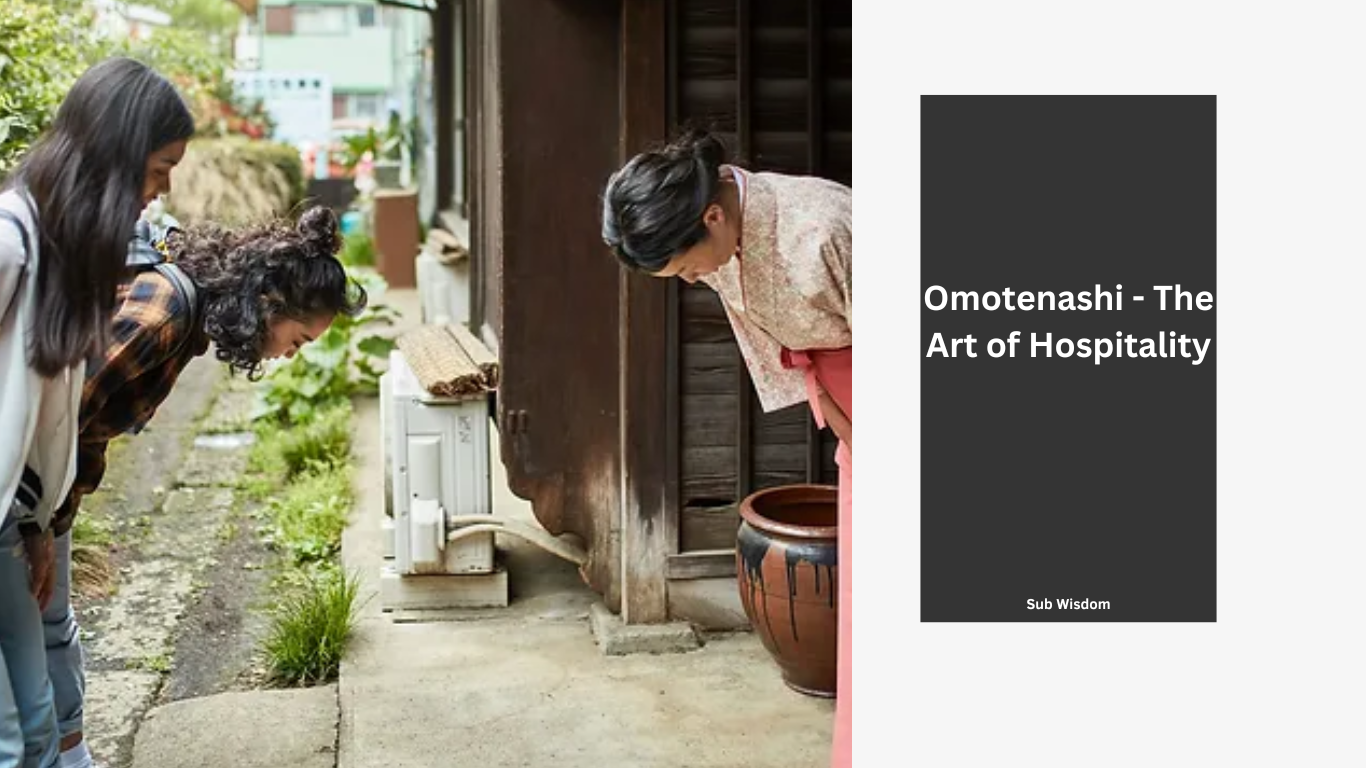
Have you ever been to a restaurant or business where the staff made you feel sincerely welcomed and cared for? That is the spirit of Omotenashi!
In Japan, Omotenashi means delivering great hospitality and service to guests.
When you experience Omotenashi, you feel as if you are the most important person, and your every need is met.
From the warm greetings to the attention to detail, everything is geared to make you feel at ease and cherished. It’s about going the additional mile to make others happy and satisfied.
Omotenashi teaches us to be polite hosts, treating everyone with genuine compassion and respect.
What have you learned from these Japanese concepts?
Imagine a future in which we embrace imperfection, discover our actual purpose, practise mindfulness, and enjoy the transitory beauty around us.
That is the world that the Japanese Concepts encourage us to discover. Throughout this voyage, we’ve learned the magic of Hanami, the art of Kintsugi, the force of Kaizen, and the spirit of Bushido, among other things.
Now, let us take a time to reflect on what we have learnt. Why do these Japanese principles matter in our lives?
The solution lies in the wisdom they impart and the lessons they teach us. They remind us to enjoy the little things, value our resources, be kind and understanding to others, and find joy and meaning in whatever we do.
So, as we conclude our journey through the 12 Must-Know Japanese Concepts.
Let us ask ourselves: How can we implement these lessons in our daily lives? How can we celebrate the beauty of imperfection with Wabi-Sabi, discover our Ikigai, practise Zen-style mindfulness, and embrace life’s fleeting beauty with Mono no Aware?
Remember that modest steps can make a great difference. We can begin by appreciating the beauty in the everyday, being compassionate to others, practicing mindfulness, and pursuing our hobbies.
Let us be open to learning from other cultures and accepting the knowledge they have to offer.




[…] Also Read: 12 Important Japanese Ideas for Today’s World […]